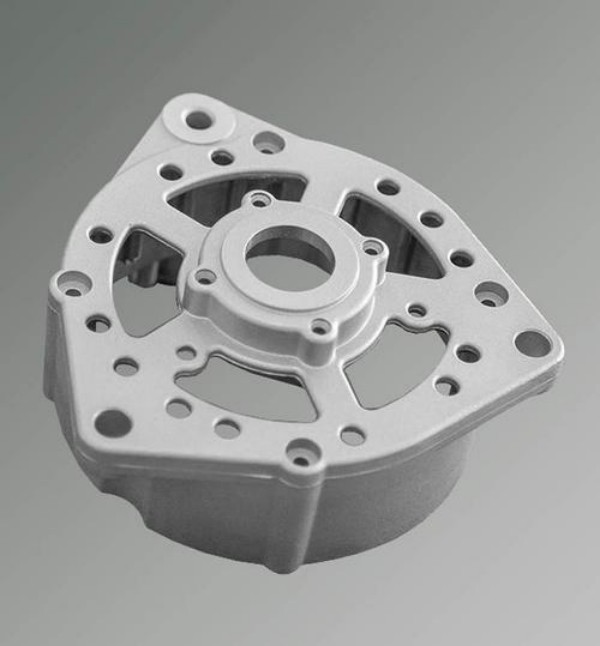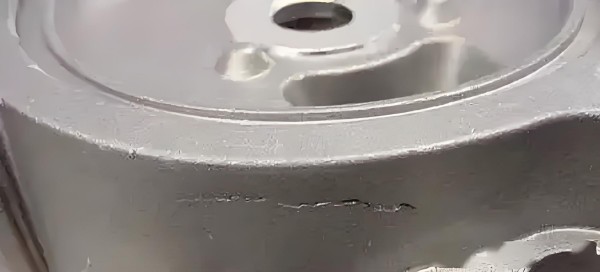Precision in manufacturing hardware and plastic components is of utmost importance in robotics, automotive, aerospace, and medical device industries, where accuracy of components is paramount. A key factor affecting quality in cast metals production is shrinkage casting which affects dimensions accuracy, structural integrity and overall performance negatively. This article delves into its causes and effects of shrinkage casting while exploring ways advanced manufacturers such as Shenzhen Yixin Precision can effectively handle these issues and deliver high-quality components.
1.Shrinkage in Cast metals refers to the reduction in volume that results from transitioning molten metal from liquid state to solid form. If left unmanaged, this volumetric contraction can result in internal voids, dimension deviations and surface defects which must then be managed.
Types of Shrinkage:
lLiquid Shrinkage: When cooling of liquid metal before it solidifies can result in incomplete mold filling, potentially leading to shrinkage cavities forming as it hardens.
lLikewise Solidification Shrinkage can occur as metal solidifies and may result in shrinkage cavities forming over time if left uncontrolled.
lSolid Shrinkage: Occurs after solidification when the part continues to cool after reaching room temperature, leading to dimension inaccuracies and leading to solid shrinkage.

2. Reasons of Metal Shrinkage Shrinkage rates vary based on factors like alloy composition, casting technique, mold material choice and cooling rate.
Metal Type | Approximate Shrinkage Rate (%) |
Aluminum Alloys | 6.0 - 8.0 |
Magnesium Alloys | 5.5 - 7.5 |
Zinc Alloys | 1.0 - 2.5 |
Steel Alloys | 2.0 - 3.0 |
Factors Contributing to Shrinkage:
lHigh thermal contraction coefficient
lInadequate gating and riser design
lUneven cooling and solidification
lPoor mold design or material
Shrinkage defects in precision components can have severe negative repercussions for their quality and reliability: they compromise part quality as well as reliability.
lShrinking Porosity: Internal voids that compromise structural strength
lDimensional Deviations: Affect assembly tolerances in robotics and automation
lSurface Irregularities: Increases post-processing requirements
lStress Concentrations: Can lead to fatigue failures in critical applications
Example: When used in auto diecasting, porosity in an engine housing could result in oil leakage and eventual mechanical failure over time.

lApply shrinkage allowances based on material properties
lEmploy 3D simulation to predict shrinkage behavior (e.g. MAGMASOFT and ProCAST).
lEmploy vacuum or high-pressure auto diecasting techniques
lIncorporate directional solidification through controlled cooling
lAdd chills, risers, and overflow channels strategically
Post-Casting Solutions:
lHot isostatic pressing (HIP) to eliminate internal voids
lCNC finishing for maximum dimensional accuracy
Visual Aid: [Please replace with actual image if available]*
Shenzhen Yixin Precision is an industry leader for shrinkage-free casting and machining services with over two decades of experience specializing in CNC machining and mold making for both metal and plastic components. Our expertise includes shrinkage-free casting processes as well as shrinkage-free machining solutions.
lUtilize advanced simulation software for casting analysis
lIntegrate casting and multi-axis CNC machining processes in-house
lService the robotics, automotive and medical device sectors globally
lAre ISO 9001 and ISO 13485 certified
Our one-stop service ensures minimal shrinkage, high dimensional precision and exceptional surface quality - making us a reliable supplier to demanding industries.